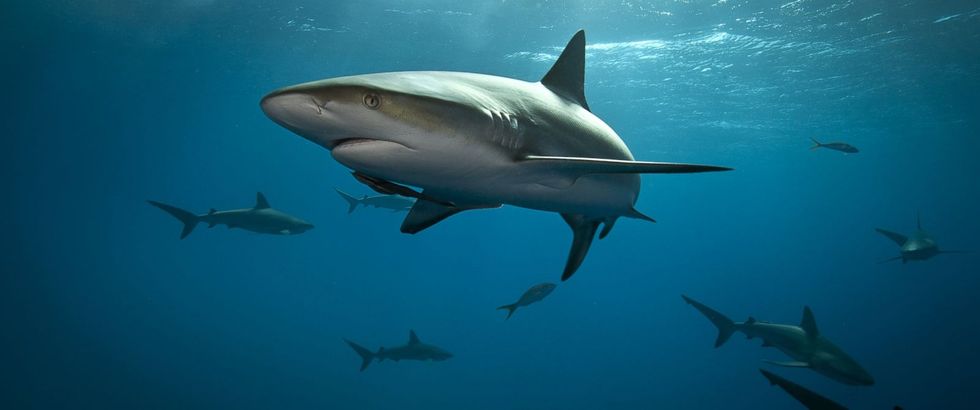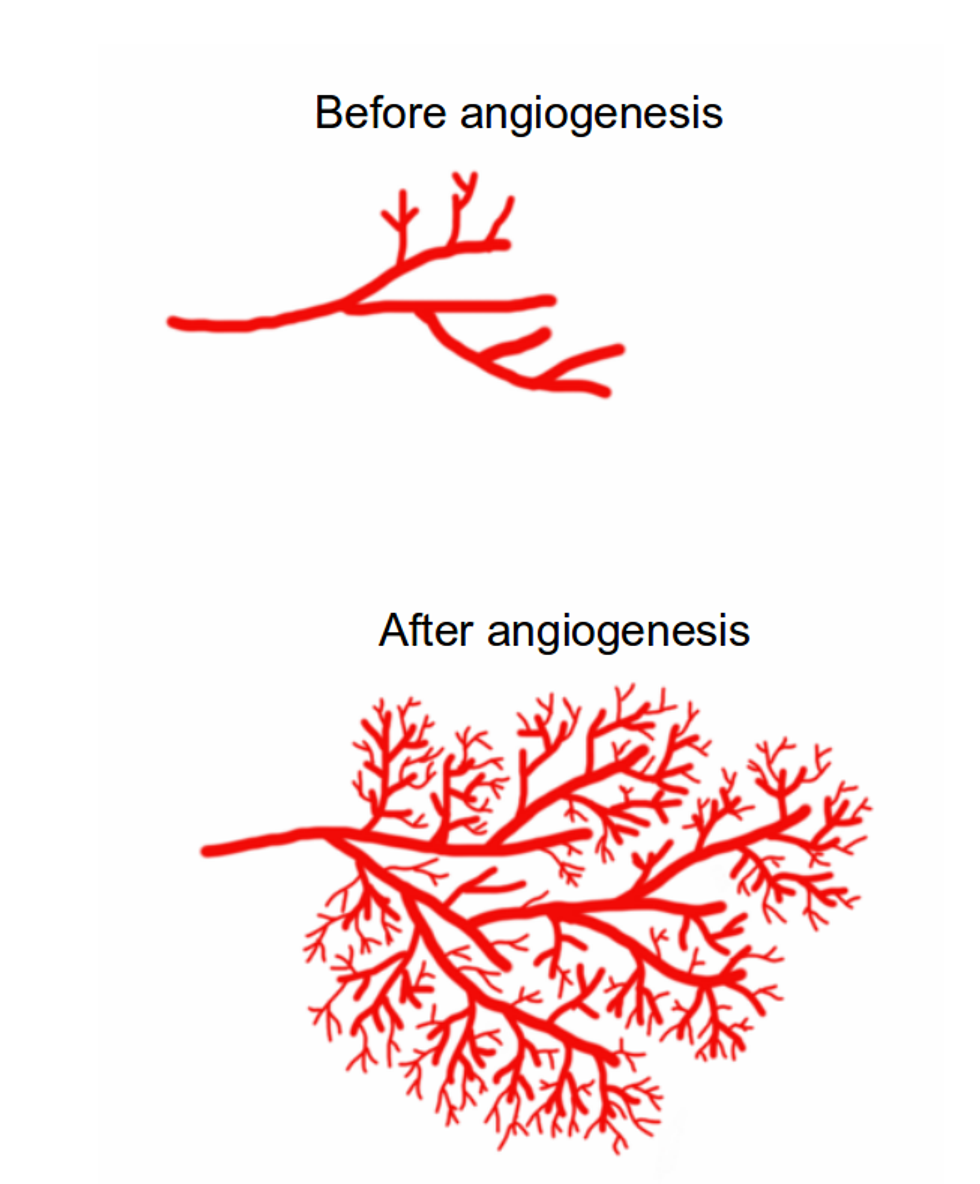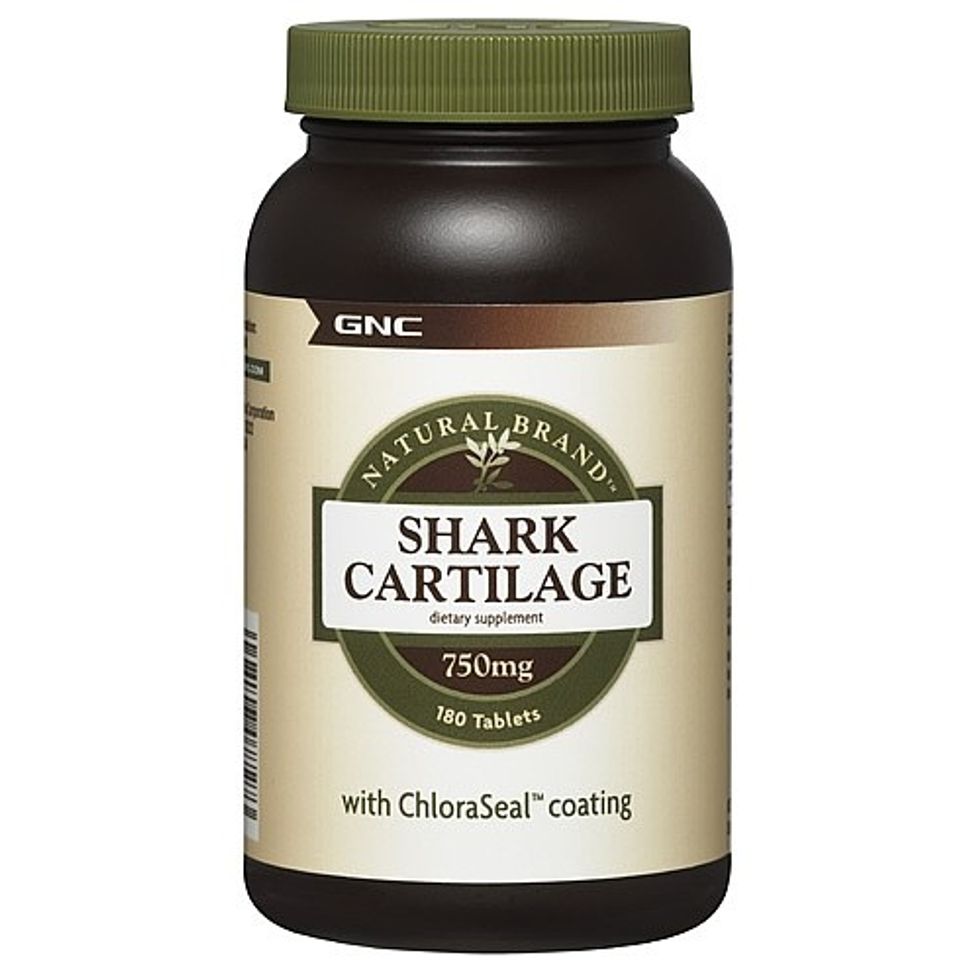Sharks are usually known for being big, bad creatures that live in the ocean and rip off human limbs. But in reality, sharks don't even like the taste of human flesh, and they are amazing creatures that most of the world don't appreciate enough. Sharks are known to be immune to a variety of diseases, and some rumors even say they are immune to cancer. If this is true, could the future of medicine use sharks to help cure cancer?
Back in the 1970s, two men by the names of Henry Brem and Judah Folkman were studying how cartilage prevents the growth of new blood vessels. These new blood vessels create a whole new blood supply, called angiogenesis. Angiogenesis is what most people seek to prevent from happening when looking for cancer treatment.
Henry Brem and Folkman were looking at cartilage to search for anti-angiogenic properties. Because mostly all cartilage lacks blood supply, then there must be molecules or enzymes that are stopping blood capillaries from forming.
Due to this study done by these two men, another scientist by the name Carl Luer decided to experiment himself. He was researching sharks and cancer and noticed that sharks have low rates of disease, specifically cancer.
He decided to experiment on nurse sharks and expose them to high levels of carcinogens and discovered that the sharks did not develop any tumors. This particular experiment drew the attention of Dr. I William Lane, who wrote a book about shark cartilage and how sharks are immune to cancer.
This book became a best-seller in 1992 and another book was later published in 1996 stating the same scientific evidence. However, this led to Lane starting his own shark fishing company which was in charge of making and selling shark cartilage pills and powder for sale.
In 1995, these products exceeded over $30 million, therefore making more people interested in harvesting sharks. Due to this, the population of sharks has decreased in America by 80%. This is unfortunate because the shark cartilage pill doesn't even work.
There have been three randomized FDA-approved clinical trials, the last one being in 2007, that have all proven that the ingestion of shark cartilage has no positive effects on patients with various different types of cancer.
So, do sharks really have the capability to never get cancer? This is false. Even though there are fewer cases of sharks developing cancer, it is still possible for them to get it. But, when you think about it, sharks usually live in the middle of the ocean, where there are low levels of exposure to cancerous chemicals.
And because of how large and unknown the ocean is, it is very unlikely for a sick shark to end up being discovered by researchers. So, in reality we don't know if sharks don't get cancer. Just because we have not come across a shark with cancer, doesn't mean it isn't possible.
Let's take a look at the bigger picture here. Millions of sharks are being killed every year due to ineffective cancer treatments and Asian delicacy consumption. In conclusion, the practice of innocent shark harvesting needs to stop.
If you are interested in helping to save sharks, visit sharksavers.org for more information on how to save these beautiful and mysterious creatures.





























